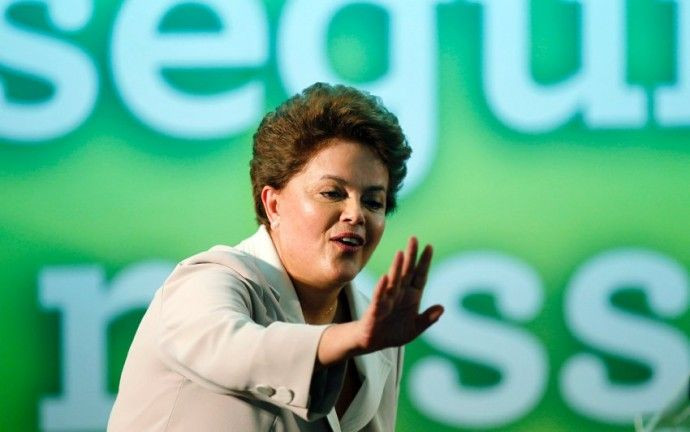Sky high interest rates in Brazil puts upward pressure on real

The central bank of Brazil raised its key interest rate by 50 basis points to 11.25 percent to help cool down its supercharged economic growth.
Latin America’s largest economy expanded by more than 7 percent last year and is expected to climb by 4.5 percent and 5 percent this year.
The hike in rates represents the first such increase under the tenures of new President Dilma Rousseff and new central bank chief Alexandre Tombinim, each of whom assumed their jobs last month.
Tombinim has stated that the central bank may continue to hike rates in order to get a handle on rising consumer prices.
Inflation, which clocked in at 5.91 percent in 2010, is still expected to stay above 5 percent in 2011.
However, the higher rates presents a new dilemma for Brazil’s foreign exchange policy – higher rates will attract even more foreign money, which, in turn, will further push upward the valuation of the Brazilin real currency.
Indeed capital inflows from foreign counties have surged as near-zero low rates in the U.S. and Europe have driven investors into places like Brazil. Meanwhile, the real has jumped in value more than 30 percent over the past two years.
Moreover, the overvalued real hurts the exports business of Brazilian manufacturing companies.
© Copyright IBTimes 2024. All rights reserved.











